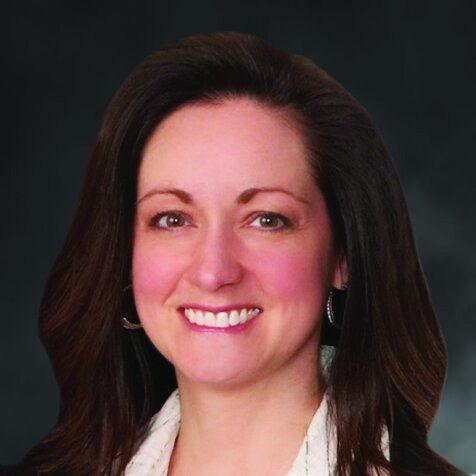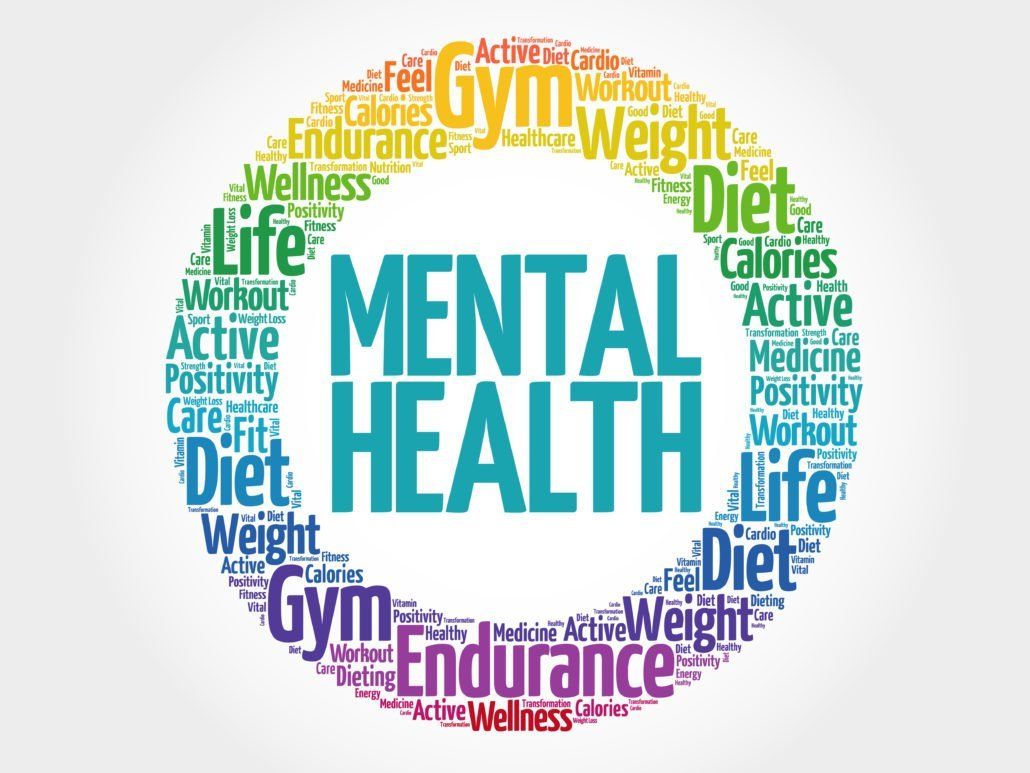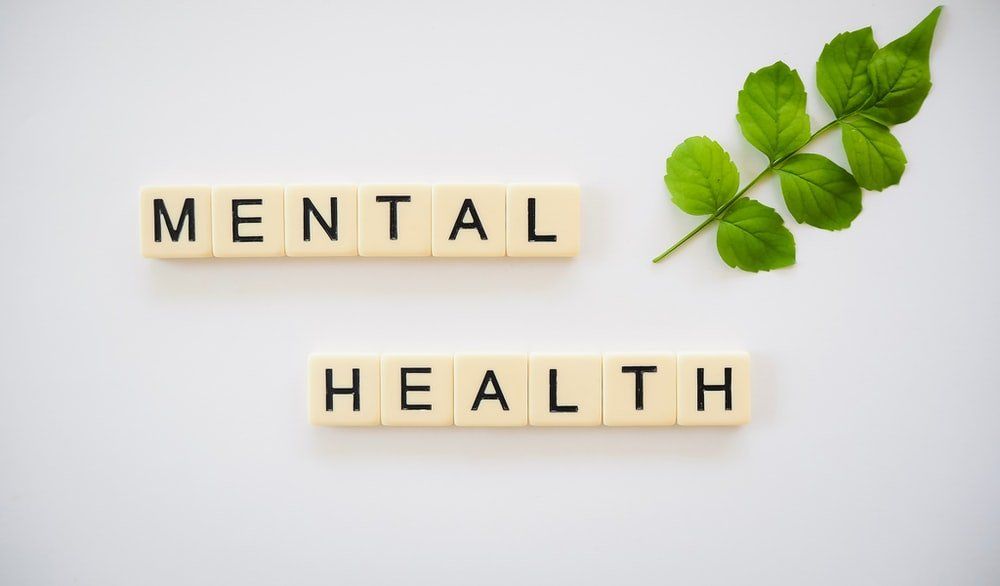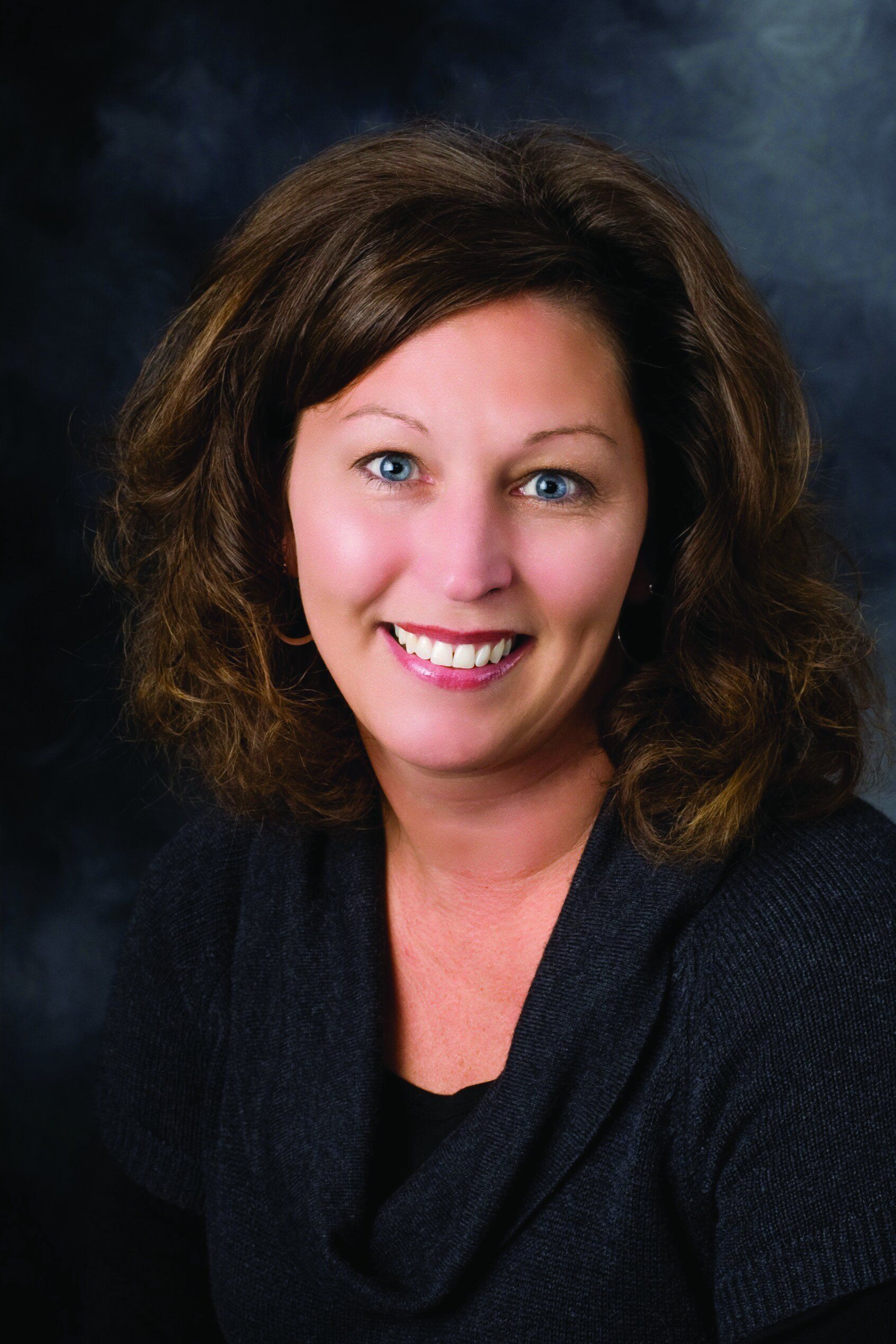by Ann A. Soe, MSSW, LCSW

The challenge of balancing giving with receiving is a common theme in therapy and coaching. Recently, I was on a powerful coaching call with a woman that had said a great big YES to herself and signed up for a 6 month intensive coaching program that she had wanted to do for a long time. We were setting over-arching intentions for the work she was going to do for the next half year and beyond. We were moving right along until we got to the “R-word”. She had identified the need to balance self with others, to open herself to others, to improve her self-care, and to expand her friendships.
When I asked her what stops her, gets her stuck, what keeps her from fully embracing and accomplishing these things she so needs and wants, her reply was strong and quick, “I feel guilty!”
I hear this so often…this obstacle is all about the “R-word”! RECEIVING! We are so often good at giving, caring, gifting, nurturing, loving, honoring, encouraging, teaching others. Take a moment and ask yourself, “Do I do each of those things in meaningful and consistent ways for myself?” Most of the time the answer is no. We have defined ourselves and our roles with others by what we do for them, how we care for them and how well they are doing in their lives. Self is usually absent from the equation. This was certainly true for the woman on the call and it is all too often true for most of us.
The real, raw truth is that if we want to live our best, healthiest life we must learn to receive equally to what we give. I use the example of the oxygen mask on the airplane to explain. What is it that the flight attendant says in the safety message about the mask?? We all know the answer, always put your own mask on before helping others, even small children. We understand this because if we can’t breathe, we can’t help. This is true in our own daily lives as well but somehow we convince ourselves it is selfish. In fact, it is basic self-care to open ourselves to receiving. It is essential to our own health that we learn to accept offers, ask for what we need and desire in order to create a balance of self with others.
Another way to look at receiving is to ask yourself if someone you love handed you a beautifully wrapped gift you would not simply toss it back to them saying, “No Thanks. I’m good.” Why? Because that would feel bad and likely hurt the feelings of the giver. It is the same with receiving offers of support, assistance, kindness, help. If you don’t accept the offer, you are taking away the chance for someone in your life to have the experience of being there for you. You are, in essence, tossing their gift back at them. Opening yourself to receiving is vitally important to building healthy, balanced relationships.
We need to do two very important things to live a balanced life at our full potential. First, we must learn to do all those things we do for others, for ourselves. Grab a journal or notebook. Go back and look over that list above of all those things we do for others. List them and any others you can think of. Take each one and this time write an intention statement for each. ”I will give to myself by_______.” “I will care for myself by________.” “I will nurture myself by_______’” etc.
The second and equally important is to open ourselves to receiving from others. Be mindful of the ways you turn down, turn away from receiving from others. Look for the phrases you use to do this and shift toward opening and receiving. Next time someone offers, take a breath and shift to accepting and simply saying thank you just as you would if they brought you that pretty gift.
In order for us to give to others at our highest potential, we must be balanced in our own life and this undoubtedly includes the balancing of self with others, giving and receiving!
“Until we can receive with an open heart, we're never really giving with an open heart. When we attach judgment to receiving help, we knowingly or unknowingly attach judgment to giving help.”
- Brené Brown















